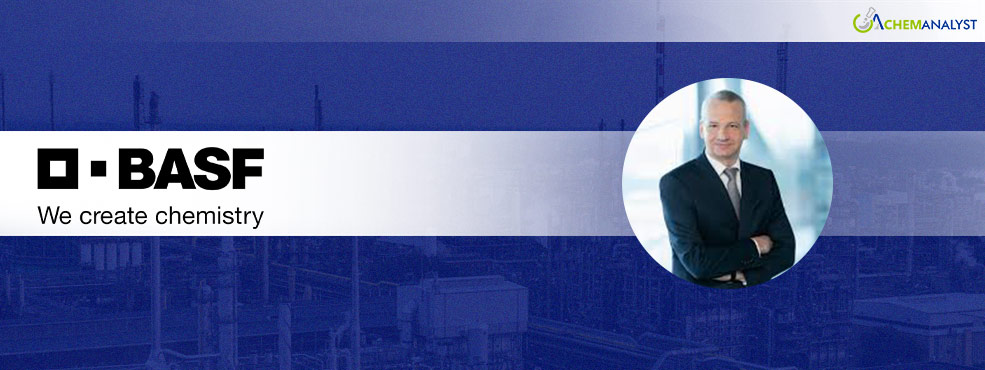Welcome To ChemAnalyst

BASF has been granted funding approval by the German Federal Ministry for Economic Affairs and Climate Action to pursue the development of the world's most powerful industrial heat pump. This initiative marks a significant step in the company's efforts to enhance energy efficiency and reduce carbon emissions in industrial processes.
This significant financial support enables the company to begin preparatory construction work at its Ludwigshafen site in the coming months. This project represents a major advancement in BASF’s commitment to sustainable steam generation, aligning with broader goals for carbon reduction and energy efficiency in industrial processes.
The initiative is designed to significantly lower CO2 emissions. Robert Habeck, the Federal Minister for Economic Affairs and Climate Action, officially presented the funding approval to Uwe Liebelt, who serves as the President of European Verbund Sites at BASF SE. This formal announcement underscores the government's support for BASF's innovative projects aimed at enhancing sustainability and reducing carbon emissions within the industrial sector.
This funding marks an important milestone in BASF's journey toward enhancing sustainable practices and meeting environmental targets.
Markus Kamieth, Chairman of the Board of Executive Directors at BASF SE, remarked, “Incorporating innovative technologies into our chemical production processes is a fundamental aspect of the green transformation taking place at BASF.” He highlighted that the heat pump will be unique in its design for steam generation, with no comparable industrial pilot projects currently available globally. This emphasizes BASF’s commitment to leading advancements in sustainable technology within the chemical sector, demonstrating the company’s proactive approach to minimizing its environmental impact through innovative solutions.
Kamieth expressed excitement over the government’s support, stating that this funding represents a vital investment in the innovative processes needed to create sustainable value chains in the chemical industry. This collaboration underscores the importance of partnerships between public and private sectors, which are essential for advancing sustainability in chemical production and benefiting both the industry and the environment.
The heat pump is expected to have a capacity of up to 500,000 metric tons of steam per year. It will harness waste heat generated during the cooling and cleaning of process gases from one of the two steam crackers at the Ludwigshafen site. By utilizing this waste heat as a thermal energy source, the heat pump will produce CO2-free steam, entirely powered by renewable electricity. A significant portion of this steam will be used in the production of formic acid, reinforcing BASF’s commitment to sustainable practices.
The heat pump is projected to achieve a remarkable reduction in greenhouse gas emissions, potentially by up to 98 percent. Most of the CO2-free steam produced will serve the production of formic acid, while a smaller portion will be supplied to other BASF facilities via the site’s existing steam network. Overall, this initiative is anticipated to reduce greenhouse gas emissions at BASF’s headquarters by as much as 100,000 metric tons annually, significantly contributing to the company’s sustainability goals.
BASF is committed to achieving net-zero CO2 emissions by 2050 and intends to support its customers on their sustainability journeys. Uwe Liebelt emphasized the importance of the Ludwigshafen site in this mission, aiming to transform it into a leading sustainable chemical production facility in Europe.
The heat pump project, with commissioning slated for 2027, is backed by approximately 310 million euros from the German Federal Ministry for Economic Affairs and Climate Action as part of the Carbon Contracts for Difference program.
This investment highlights the government's commitment to fostering sustainable industrial practices and supporting initiatives that align with climate protection goals, ultimately contributing to a greener economy.
We use cookies to deliver the best possible experience on our website. To learn more, visit our Privacy Policy. By continuing to use this site or by closing this box, you consent to our use of cookies. More info.
